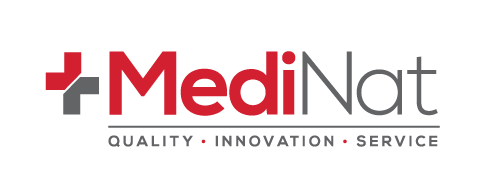Workplace Drug & Alcohol Testing
When implementing a workplace drug and alcohol testing programme, people often ask the question:
"Should I conduct my own onsite drug testing?"
Q1: What is the objective of your in-house drug testing program - is it to identify drug-use history or ensure fitness for work?
Due to differences in detection periods between urine and saliva, organisations who are wanting to identify drug-use history of its employees, and therefore their lifestyle choices, then urine testing could provide the best solution. If, however, the organisations drug and alcohol policy has stipulated that they want to ensure that all their staff and contractors are fit for work when they are on-site, then saliva testing may provide the best solution. Saliva testing identifies only recent/current drug use and hence can help to determine who is capable to work during a particular shift.
Q2: How often will you be conducting drug tests?
It may be useful to establish a set of targets to help govern how many employees, or what percentage of the organisation’s workforce, will be screened for drugs in the testing schedule. It is also important to consider the frequency of testing and whether it will be conducted on defined schedule or a random basis. Many organisations prefer random testing as the lack of a schedule itself can act as a drug or alcohol use deterrent. Employees then know that the drug testing can happen at any time, to anyone. However, even with a random schedule, setting testing goals can be useful.
Q3: Who will manage the testing?
Once testing targets and the type of testing to be conducted, the drug and alcohol policy can be implemented throughout the organisation, and appropriately resourced with qualified testing personnel. Testing can be conducted by inhouse staff or by an external testing company contracted to carry out the testing according to the agreed targets. To manage the process in-house, the Australian Standard stipulates that the employee needs to undergo the appropriate testing officer training with a registered training organisation. The name of the course is HLTPAT005 Collect specimens for Drugs of Abuse Testing. The course will take approximately 8-9 hours to complete, whether it is via a face-to-face workshop, or with an online course. The online course is an excellent option for the employees in remote or regional areas. The online options is also beneficial for those with restrictions on their time, as it can be completed over a few weeks. Once completed and assessed, the employee will be certified to conduct onsite drug and alcohol screening, will then be equipped to manage the testing regime. In-house testing can also provide cost benefits and the ability for the organisation to have a greater control over the testing program.
Q4: Do your employees know what to expect when being tested?
A clearly communicated and understood, company policy on drug and alcohol testing should be designed to help minimise employee objections and concerns around the testing program. The statement may cover information on who may be tested, the means of testing (saliva vs urine), as well as the company response to the detection of drug use in the workplace. For example, “Company Z has a zero tolerance drug policy in the workplace.”
Q5: What procedures must be followed if the result is non-negative (or presumptive positive)?
As onsite testing is a screen test only, all non-negative tests need to be confirmed by a laboratory confirmatory test. This can take place externally (for example, in a local medical centre, who forward the test to a qualified lab) or by taking a second sample on-site and sending it directly to an external lab for confirmation. It is important that organisations make sure all employees are clear on the consequences of a non-negative drug or alcohol screen. The results of the confirmation test may take a few days and a common immediate consequence for a non-negative initial drug screen is for the employee to be sent home, though this does vary greatly from policy to policy. Should the confirmation test come back as positive, the subsequent steps should also be clearly documented within the company drug and alcohol policy.

